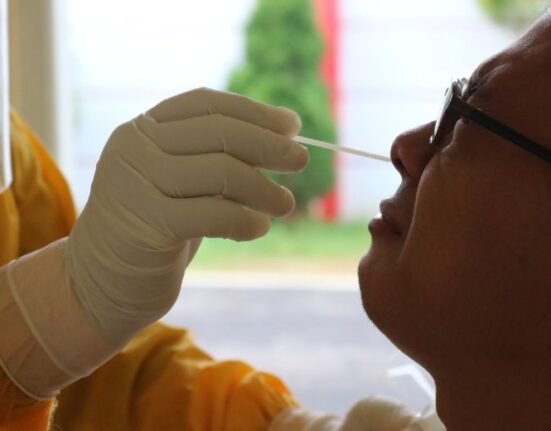HQ Team
November 23, 2023: A recent survey conducted by Northwestern University reveals diverse perspectives among patients and caregivers regarding the development of food allergies. The study, presented at the American College of Allergy, Asthma & Immunology Annual Scientific Meeting, provides valuable insights into factors associated with food allergy development as perceived by respondents.
The survey polled caregivers of 38,408 children as well as 40,443 adults in both English and Spanish between 2015 and 2016.The survey indicates that patients may associate food allergies with various factors, including diet, genetics, family history, and infection.
Food allergy perceptions and patterns
The researchers classified respondents into three groups: self- or parent or carer-reported food allergy, food allergy based on IgE-mediated reaction symptoms, and food allergy officially diagnosed by a physician.
Among the key findings, caregivers associated the development of food allergies with viral infections in 23.8% of children aged 0 to 10 years. The respondents exhibited diverse perspectives, attributing food allergy development to factors ranging from excessive consumption (18.6%) to inadequate intake (10.2%) of allergenic foods. Other associations included genetics and family history (13.1%), antibiotic use (7.8%), and antacid use (6.7%).
Researchers highlighted the significance of understanding these perceptions. Rachelle Liu, BA, third-year medical student at Northwestern University Feinberg School of Medicine and part of the study, said, “There has been so much research around what could be causing food allergies, what causes people to develop them. But no one has really looked at what patients and caregivers actually think.”
Improved food allergy management
Physicians can leverage these insights to tailor interventions and patient education for improved food allergy management and prevention. Christopher M. Warren, Director of Population Research at the Center for Food Allergy & Asthma Research, Northwestern University, emphasized the impact of clinicians in influencing parental attitudes towards food allergy management.
Liu emphasized the importance of these findings, stating, “This is really just the first look into what are patients thinking, what are families thinking. How can we use that to better educate and have better communication?”






